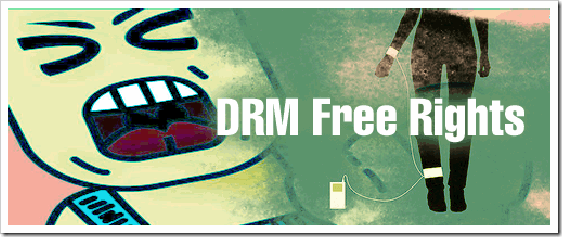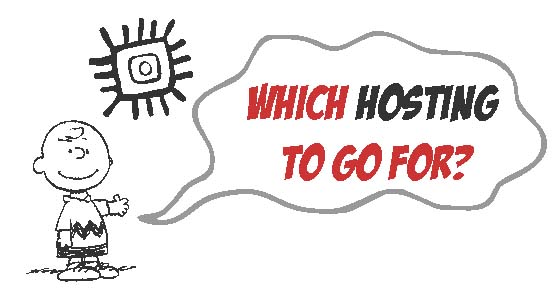DRM stands for digital rights management, and it is a method used to protect the many digital files on the Internet from possible copyright theft. With the huge number of images, audio, and video files on the web that continues to multiply each day, the danger of unauthorized downloading of copyrighted material is rife. DRM is one way to protect these files from copyright theft.
However, DRM can also be misused. People who have paid to have a copy of a certain file, like an e-book for instance, and who would like to print out their own hard copy for easier access will find that they are unable to because of the DRM protection that prevents them from doing so. It is almost like purchasing something that one cannot use, which is one of the disadvantageous characteristics of DRM.
Another example is when anyone who has made a home movie of a family occasion, such as a birthday party, would like to put in some background music to accompany the video. This person will be prevented from using popular songs or even a theme from a television show because of DRM, in effect curtailing freedom of expression due to copyright limitations.
This conflict between DRM and freedom of communication is very clear. For fear of losing profit due to illegal copying, big media companies have seriously restricted the copying of almost all forms of electronic communication that involves images, audio and video.
Some DRM naysayers say abusing this copyright law violates the First Amendment on freedom of speech and expression. While this is not catastrophic in the extreme, clearly the proponents of DRM will need to find a way around this conflict.


Comments
3 responses to “Are DRM Free Rights A Violation Of People’s Freedom Of Speech And Expression?”